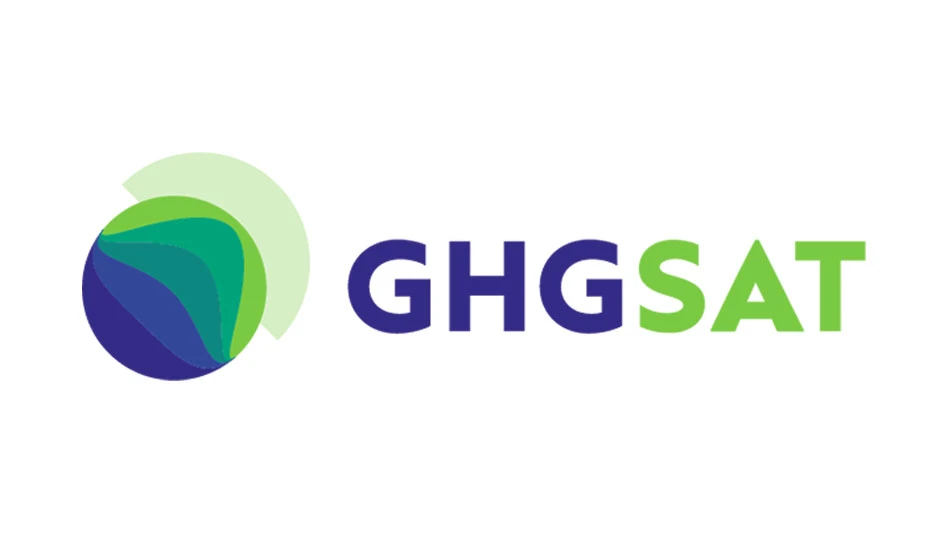
1. How do you manage routes and drivers day to day?
_fmt.png)
Rubicon
Chief Strategy Officer
Everything starts with data and getting the information that is needed to have a full understanding of how to classify each route. Many people look at cities and make the mistake of thinking they are uniform in terms of design, when in reality, within any given city, physical factors create very different route structures. Examples include density of residents/customers, alley service versus curbside service and other service issues. Even railroad crossings and rivers can play a role. The key to collecting all of this is frontline team members being actively engaged in utilizing technology. Often the thought is this is limited to drivers in solid waste; however, supervisors actively showing the drivers that they are equally invested in the utilization of new technologies is critical to successfully capturing data.
2. What is the biggest drain on overall productivity, and how do you combat those?
The answer to this question is clear: going back for stops that aren’t on “today’s” routes. There might be other things such as idle/downtime that seem as if they would be more impactful; but the truth is, go-backs occur day in and day out, and although the truck is still moving and isn’t technically idle, all that time, mileage and fuel is unproductive. It is a duplication of effort from the previous day’s work. Plus, the average cost of go-backs is around $50 per go-back which, at just 10 go-backs per day (an incredibly low number for many cities) comes out to roughly $130,000 annually.
3. How does technology play a role in managing daily operations?
In order to effectively manage any routes or drivers, you have to have a deep understanding of those constraints. That means you have to be in the field and there needs to be a set of tools to enable you to analyze your operations and make real-time decisions on the go. At Rubicon, we developed the Supervisor App with all of this in mind. It allows supervisors of any level to be mobile while maintaining their finger on the pulse of operations. They can navigate to a driver’s location to conduct a safety observation, and then quickly switch gears to viewing the progress of routes to see if any route/driver is falling behind. They can then identify who is ahead of schedule and will therefore be available to assist at the end of the day—all without having to go back to the office, wasting valuable time and taking them away from being present in the field.
4. You mentioned “go-backs” as one of the biggest productivity drains. Is this out of the supervisor’s control?
No, they aren’t completely out of the supervisor’s control, and the best way to handle them is by getting to them the same day. Rubicon’s Supervisor App, combined with the RUBICONSmartCity™ Portal empowers supervisors to investigate issues reported by either drivers or residents before the team leaves the area for the day. This reduces “go-backs” by simply handling them while a truck is still in the area. It even allows them to view where all of their trucks are and assign the pickup to the nearest driver, further reducing the unproductive time associated with the issue.
5. What do you see as the next step in the evolution of technology in route management?
Alerts and predictive insight. This will enable supervisors to not only have complete visibility into what is happening in real-time but also give them a heads up on routes and drivers that are facing unusual circumstances throughout the day that could cause service delays. On top of that, continuing to increase the mobility of supervisors and giving them access to next-day service planning live from the field can keep them as engaged with their team as possible.

Explore the May June 2022 Issue
Check out more from this issue and find your next story to read.
Latest from Waste Today
- Startup proposes medical waste facility in Alabama
- Mount Vernon, Ohio, city council tightens waste hauling regulations
- Retail associations sign MOU to form producer responsibility organization for textiles in California
- Republic Services partners with EDL to provide RNG for San Antonio buses
- WM opens 12 recycling facilities in 2024
- Plastics recyclers report difficult conditions
- BTS Bioenergy opens Maryland Organics Recovery Center
- Meadow tabs aluminum as key to boosting beauty sector recycling





